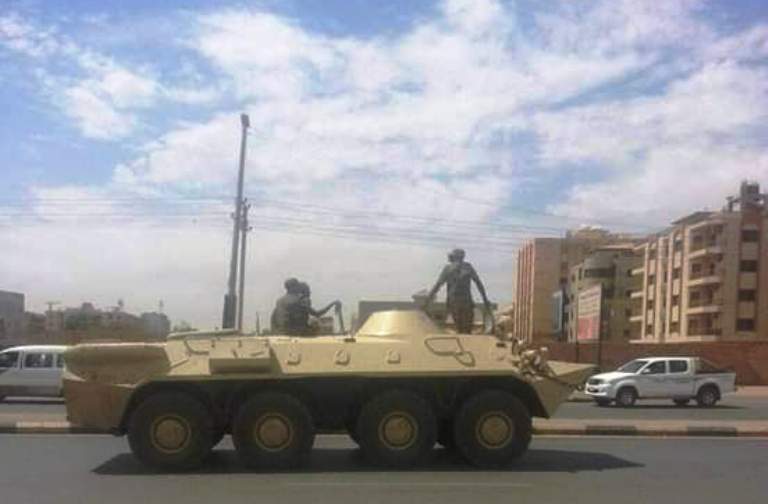State of emergency aims to end Sudan’s economic crisis: ruling party

February 23, 2019 (KHARTOUM) – The purpose of the state of emergency is to deal with the economic crisis rather than a correction to political practice, said the ruling National Congress Party on Saturday.
President Omer al-Bashir on Friday imposed the state of emergency in Sudan for one year in a bid to end the over two-month protests calling for regime change. He further dissolved the federal and state governments
Also, al-Bashir said he would stand at the same distance from all the political forces in order to oversee a political process aiming to reach a new national agreement accepted by all the political forces including the armed and political parties.
However, the head of the political sector at the ruling National Congress Party (NCP) told a meeting of the leaders of the party sections in Khartoum state on Sunday that the state of emergency aimed at dealing with the economic situation.
“The state of emergency means to address the chaos in economic affairs, resolving the issue of cash shortage and to fight corruption as well as to stop practices casting negative effects on economic affairs, especially the smuggling of gold,” he told an NCP meeting held in Jebel Awliya
This is the true purpose of the measure “more than dealing with the political situation,” stressed Abdel-Rahman al-Khidir.
He went further to say that the party will work to create the needed conditions “In order to reach an integrated vision to achieve the peaceful transfer of power before to hold the election.”
In order to achieve an integrated vision and to achieve the goals and the peaceful transfer of power and to reach an agreed election.”
In a related development, the National Intelligence and Security Services (NISS) issued a statement to “clarify the misunderstanding” by some journalists of the statements made by its director Salah Gosh before the official declaration of the state of emergency.
Hours before al-Bashir’s statements, Gosh told a selected number of journalists that al-Bashir abandoned the idea to seek a new term and would resign from the ruling party so it can pick a new candidate for 2020 elections.
The NISS Director said that the President was committed to the Constitution and what would be decided on it in accordance with the broad consultation mechanisms with all political forces, said the statement.
“Also, he said that the President could not run for a new term under the current Constitution except after a political consensus and measures taken by the competent institutions,” stressed the written statement denying what the press reported al-Bashir would not run for a new term.
Regarding al-Bashir chairmanship of the ruling party, the statement dismissed that the president would abandon the NCP leadership.
“The NISS Director said that in order to address the political crisis, Mr President will stand at the same distance from all the political forces. The Director did not speak of the President’s renunciation of his party or his stay in it,” said the statement.
The NISS in its statement joined al-Khidir in his speech on the urgency to tackle the endemic economic crisis in the country and to curb corruption.
“The main objective of the imposition of the state of emergency is to speed up the decision-making process and overcome bureaucratic mindset and eliminate bureaucracy in the dealing with the economic crisis, corruption and the preservation of the country’s resources as well as the threats and threats it faces”.
The opposition rejected the state of emergency saying it goes against the popular will expressed through the nationwide protests, pointing it legalizes a matter of fact which is the concentration of powers in the president’s hands.
(ST)
